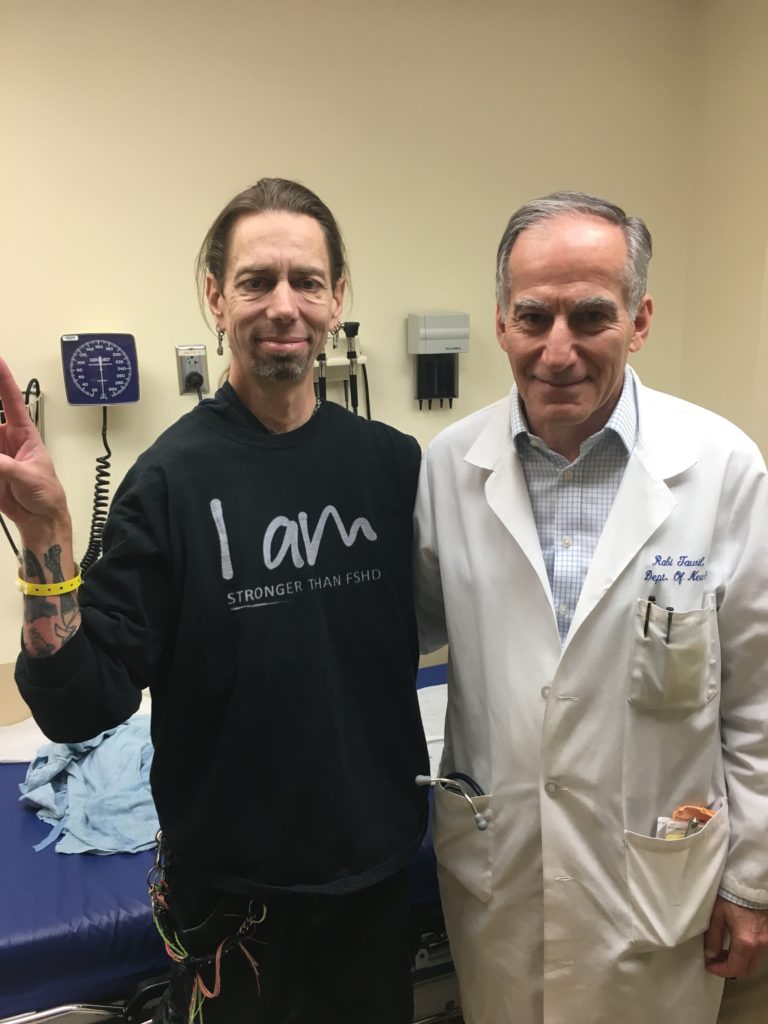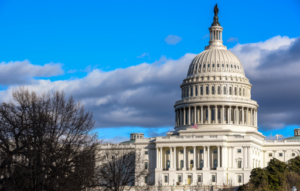
To crack the code of FSHD, patients are absolutely essential
All of the breakthroughs—the discovery of the genetic causes, understanding why some patients vary so greatly in the severity of their symptoms, teasing out the biochemical pathways that could point to future treatments—were made because patients stepped up to the plate.
Too often, we hear patients say they’ll volunteer when there’s a treatment. But we will never get to a treatment unless patients participate in fundamental research now. FSHD is uniquely human, so no laboratory mouse can ever fully model the disease. The genetic “package” that causes FSHD is found only in people. We owe an enormous debt to the patients who give DNA samples. Who submit to long interviews and exhausting physical tests. Allow a surgeon to cut out a small muscle sample. Who fight claustrophobia to lie in the narrow bore of an MRI machine.
Equally important are patients’ family members, both affected and unaffected, who provide the best experimental controls because of their shared genetic and environmental backgrounds. A parent or sibling who has very mild symptoms may hold the key to understanding the factors that protect against the full-blown development of FSHD symptoms in a more severely affected family member.
We are more hopeful today than ever before that a treatment is within sight. We cannot guarantee when that treatment will arrive, but here’s one thing we guarantee: If you volunteer for research, your participation will without question help move us a step closer to that day.
Scientific Overview of FSHD
Read the latest on wikipedia
Glossary of Scientific Terms
Epicrispr Biotechnologies achieves milestones in developing groundbreaking therapy for FSHD
Epicrispr Biotechnologies, a South San Francisco-based biotech company, has announced two major advancements in its mission to develop transformative therapies for genetic diseases. The company secured $68 million in Series… Read More »
Avidity Biosciences Completes Enrollment in Biomarker Cohort in Phase 1/2 FORTITUDE™ Trial
Letter from Avidity Biosciences to the FSHD community: March 31st, 2025 Dear FSHD Community, Today, we are very pleased to share with you that we have completed enrollment in the… Read More »
Aiming to access fresh funding for FSHD research
We need YOU – to write to your senators by Anna Gilmore, FSHD Society Last year was an exciting one for our community as we launched our first FSHD Day… Read More »
Springbok Analytics Leads MRI Innovations in MOVE Pediatric FSHD Clinical Study
Springbok Analytics Leads MRI Innovations in Multi-Site Pediatric FSHD Clinical Study AI-Driven Muscle Analysis to Support MOVE Peds Study, Advancing Trial Readiness for Pediatric FSHD CHARLOTTESVILLE, Va., March 17, 2025… Read More »




